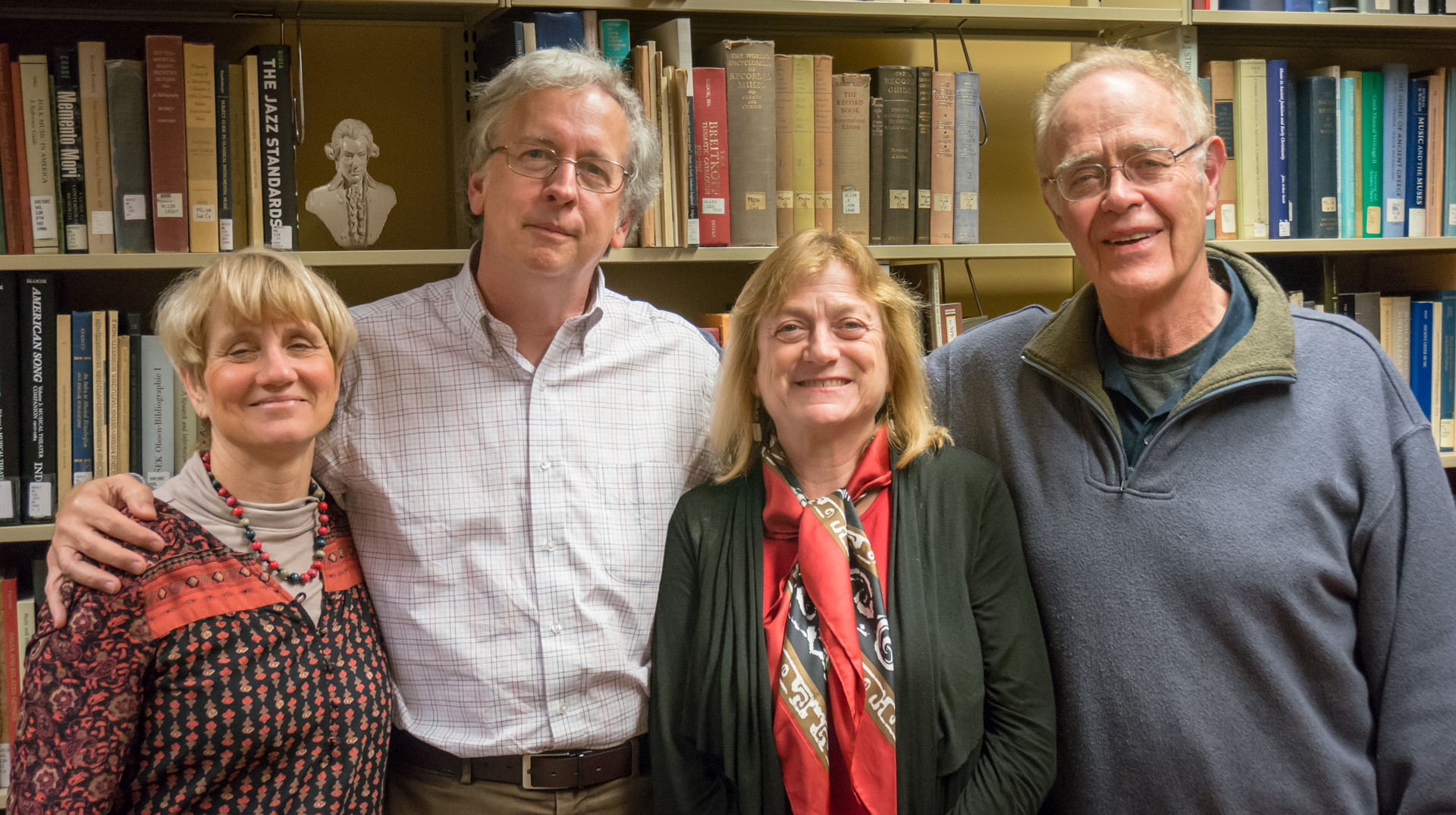Milton Babbitt’s Transfigured Notes, for string orchestra, scored for nine absolutely separate and distinct lines,is surely the most controversial piece ever written by that most controversial of composers.The work was commissioned in the mid 1980s by Riccardo Muti and the Philadelphia Orchestra as part of the celebrations for the bicentennial of the Constitution. Three different guest conductors in three successive seasons (Erich Leinsdorf, Dennis Russell Davies, and Hans Vonk) were appointed to conduct the piece. Each attempt, after several rehearsals, ended in canceling the performances, and the orchestra’s management finally pronounced the piece “unplayable.”
In 1991 Gunther Schuller put together a freelance string orchestra in Boston and gave two performances of the piece, later melding the two into a single performance for a commercial recording. Schuller confessed that his performances were far from perfect, but that he thought the recording did represent the piece’s “mood and character, and all its polyphonic, rhythmic/metric and structural splendor.” He urged listeners to hear it as “a gigantic, multi-layered collective improvisation, an atonal work with nine individual lines all vying for equal contrapuntal attention….It is pointless for the listener to try to ferret out conventional melodies and harmonies, for there are none….” (Nor is there any repetition in Babbitt’s music.) “The music is best listened to – and appreciated, especially at a first hearing – in its overall surface totality, rather than trying to follow any individual lines or shapes or gestures….Just let the music wash over you and you might be surprised by what rich and and totally new listening rewards you will reap.”
In 1995, thinking the piece ought finally to be heard in Philadelphia, I scheduled it for two performances with Orchestra 2001. After many rehearsals, we realized that our performances, like Schuller’s, would still be far from perfect, so I called those performances “open rehearsals.” The Broad Street Review’s critic Tom Purdom wrote the following. “I had assumed Transfigured Notes would be a classic example of the dry, unpleasant music the academics inflicted on us before composers wised up a few years ago. Surprisingly, there was nothing ugly about anything the orchestra did. Most of the music was melodious and even sweet. The problem was that they played a lot of different things simultaneously. Transfigured Notes reminded me of all those Renaissance madrigals in which five voices sing five different melody lines at the same time. To really appreciate that music, you have to sing it. It’s music for performers. Transfigured Notes is composer’s music. Even the performers have trouble grasping it.”
I think both Schuller’s and Purdom’s comments about the piece may help us as we rehearse and play it, and as you listen to it.
At the time of the Philadelphia Orchestra’s aborted performances of the piece in the 1980s, composer Richard Wernick was the orchestra’s advisor in contemporary music. As “an admirer of Babbitt’s beautiful music,” he later proposed that Babbitt might reimagine the piece for nine SOLO string instruments, not as Babbitt had written it for nine different string SECTIONS. “I think it is possible,” Wernick said, “for one player to perform (each part of) the music, when asking five or six to do it exactly together is not.“ Babbitt, however, always insisted that he wrote the piece for string orchestra and that it must be played by string orchestra, not solo strings.
There have been no performances of Transfigured Notes anywhere in the world since Orchestra 2001’s in 1995, either by a string orchestra or by solo strings – until today’s, twenty-seven years later! Milton Babbitt died in 2011, and I apologize deeply and respectfully to him in absentia for going against his wishes. But I thought it was time to take up Richard Wernick’s suggestion, even if for just a short segment of the piece – allowing us finally to hear what it actually will sound like for solo strings. This is with the enthusiastic blessing and permission of the composer’s publisher, C.F. Peters, Inc.
For many reasons, we decided not to play the whole piece at these concerts, but instead, to play only the first three minutes (out of twenty-six for the whole piece!) We’ll then talk about the piece for a few minutes, then play the three-minute beginning a second time, giving you another chance to hear it. We hope those three minutes might in the end point you in the direction of Gunther Schuller’s recording of the entire piece. It is available on YouTube – James Freeman
Program Notes for Time Diverted by Jay Fluellen
Time Diverted, for string orchestra, is a meditation on 3 sources of personal inspiration; Mozart, jigsaw puzzles and literary images connected to water. The source of fascination in my favorite pieces by Mozart, lie in his ability to imbue all of his melodic content with rhythmic energy. Melodic and rhythmic content seamlessly progress through time in a rich, cohesive tapestry of sound. My fascination with jigsaw puzzles comes from the uniqueness found in the shape of each piece. Jigsaw puzzle pieces may have a very similar shape, but each piece is distinctly individual. My piece is sectional in a similar manner of a puzzle. Each section fits together by maintaining a constant eighth note pulse through shifting time signatures. My fascination with water images stems from my recent rereading of Herman Melville’s Moby Dick. Melville creates such captivating literary images around being at sea for months at a time. The water finds its musical expression through areas of compound meter woven throughout the composition. – Jay Fluellen



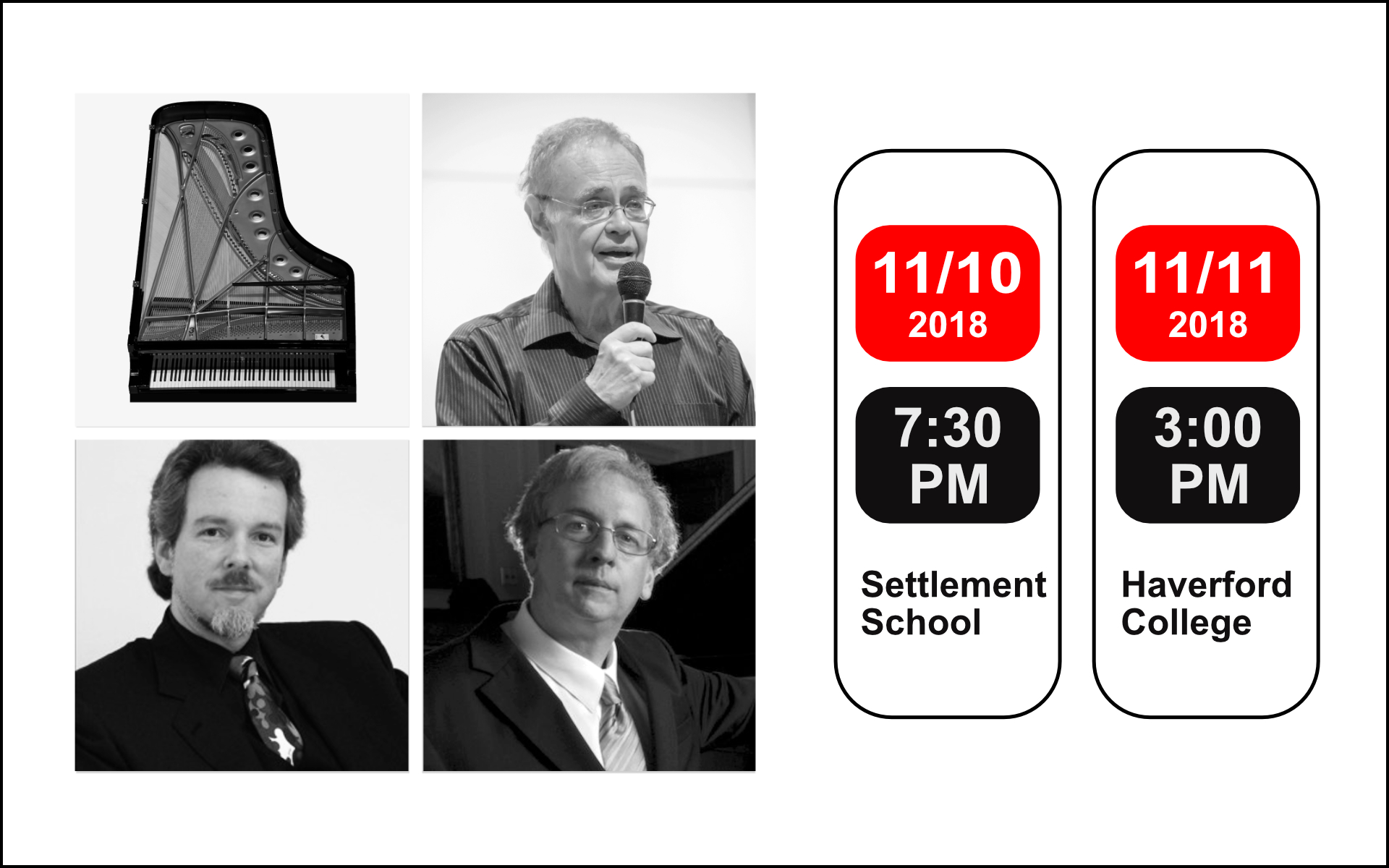


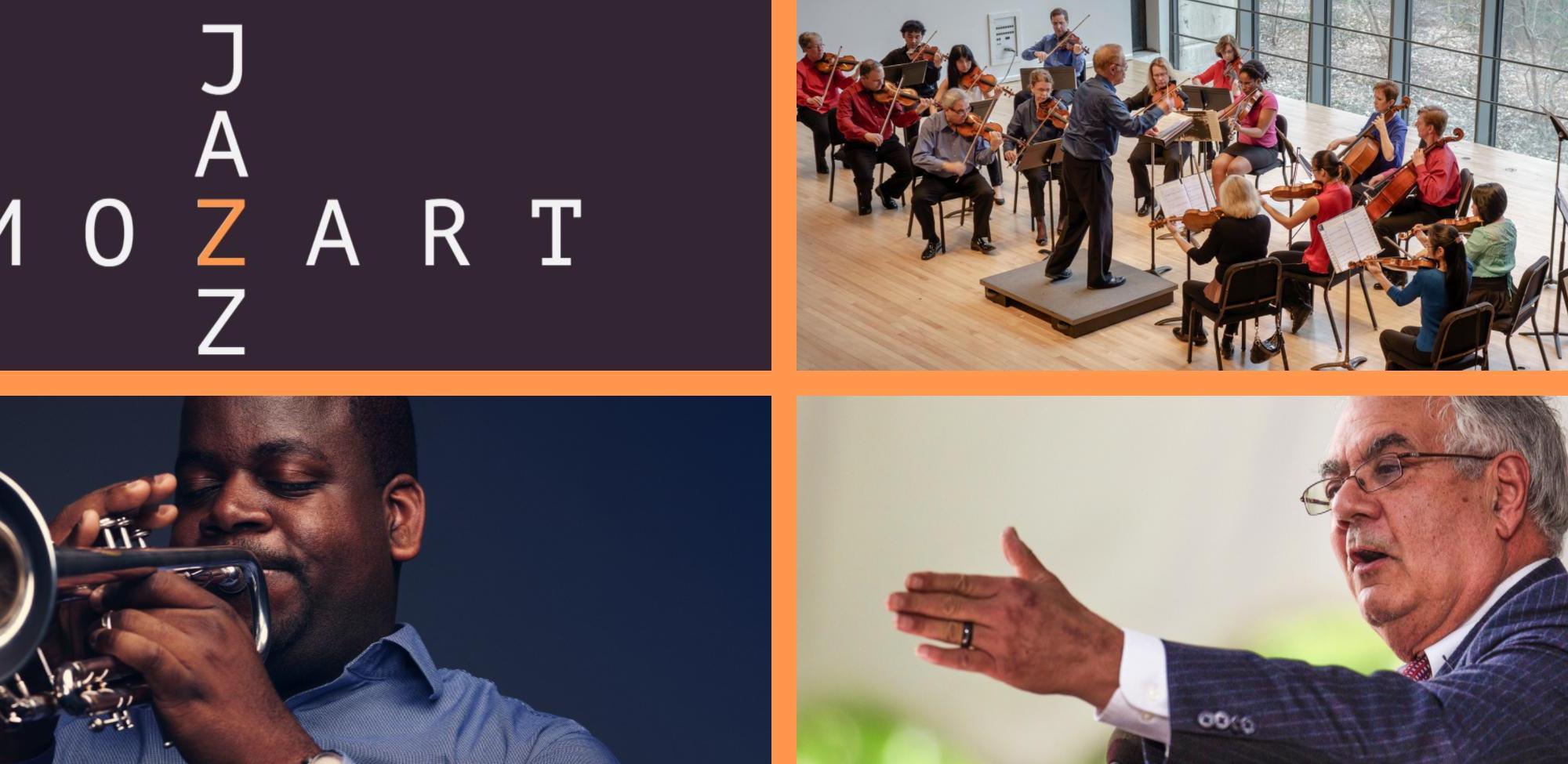
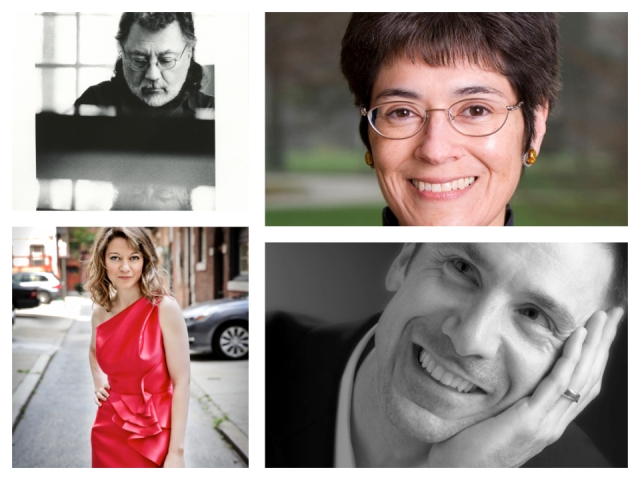
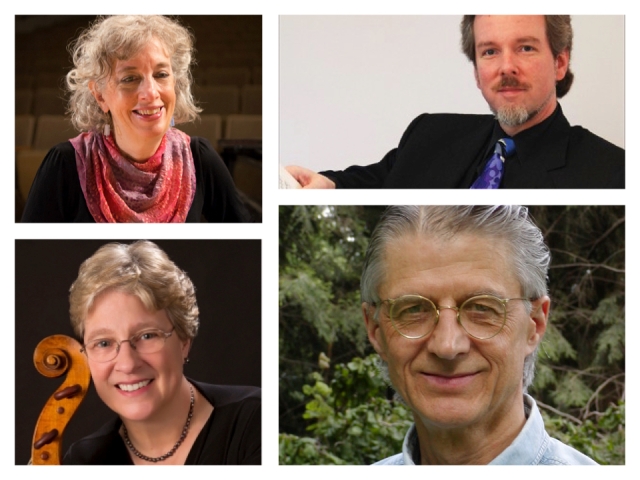 Saturday, September 24, 8 PM
Saturday, September 24, 8 PM